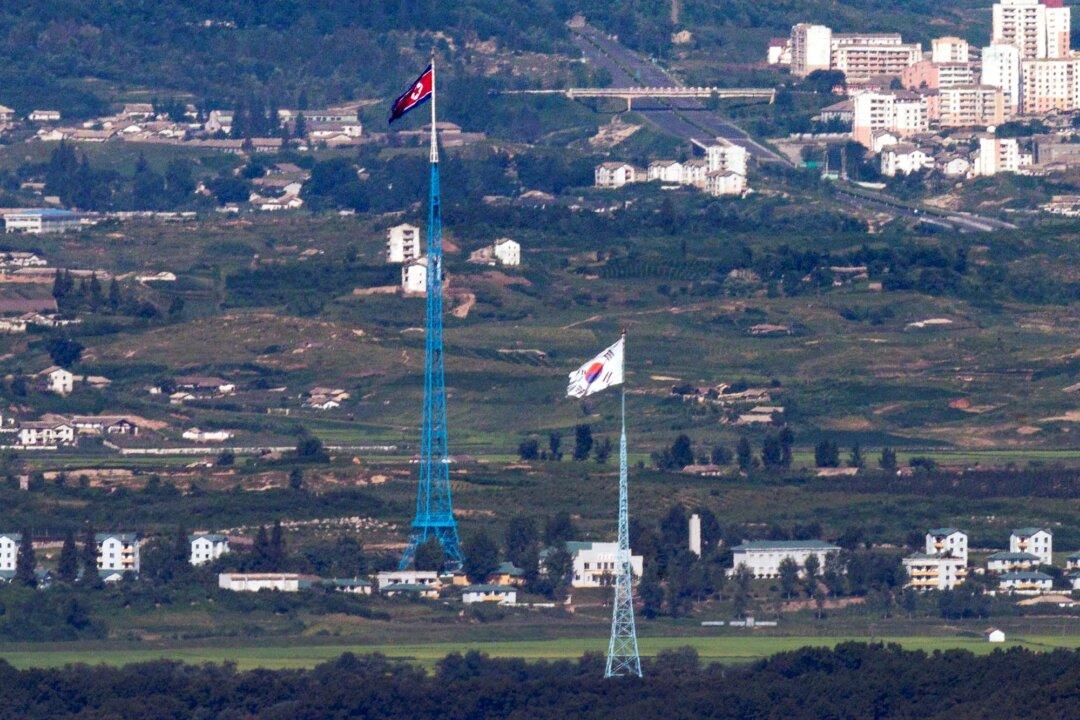North Korea has halted operation of a state-run radio station believed to be used for sending coded messages to its “spies” in South Korea, according to a report. This came after North Korea called the neighboring country its “principal enemy.”
The state-run Pyongyang Radio, along with its website, appeared to have ceased operation on Jan. 13, South Korean media outlet Yonhap News Agency reported.





